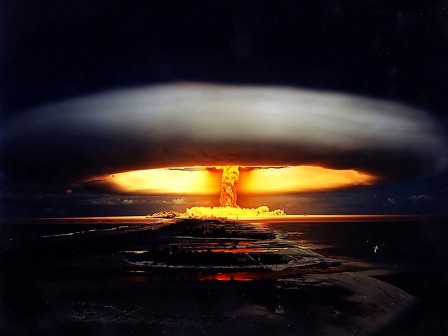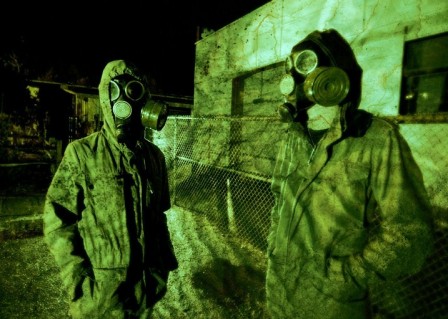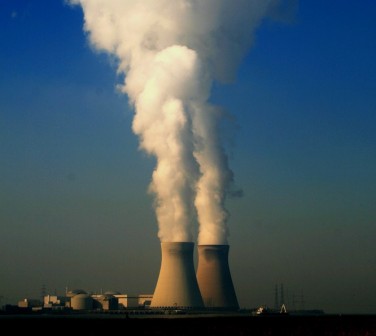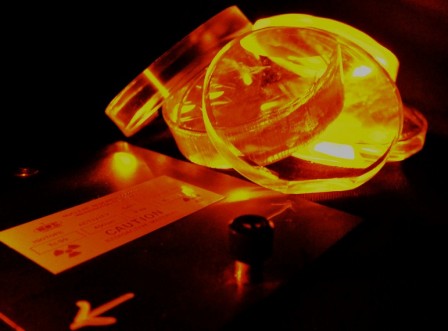Posted: 01 Apr 2011 01:32 PM PDT

In the light of the current disaster still unfolding in Japan, nuclear power has been put on trial worldwide. So far the verdict is not in favor of nuclear energy, and Japan’s tragedy could be a turning point and the final political nail in the coffin of a dangerous technology. The world’s worst atomic disaster since Chernobyl in 1986 is proving hard to contain and has forced world wide debate on the benefits and dangers of nuclear energy. The fact that nuclear power plants should never be built in seismic areas shouldn’t be up for debate any longer. But other parts of the discussion over the viability of nuclear energy remain wide open. On one hand, the Green movement, with Greenpeace in the lead, argues that nuclear plants can never be made completely safe, despite improvement in design. On the other hand, the nuclear industry claims new plants can be safe as opposed to older plants like the ones which failed in Japan.

The Push For Global Nuclear Regulations
On Thursday, as Japan came under international pressure from the UN to extend its evacuation zone around the Fukushima nuclear plant, President Sarkozy urged the international community to create a new global nuclear regulation by the end of 2011. President Sarkozy is currently the chairman of the G20, and under this capacity said that France wanted to host a meeting on comprehensive nuclear regulation in May. President Sarkozy was the first world leader to visit Japan since the earthquake and tsunami devastated the island. On Tuesday, France announced it was sending nuclear experts from the French nuclear company Areva to the Fukushima plant at the request of Japanese authorities.

Areva is a state controlled company, and is the world leader in nuclear power technology. Needless to say, President Sarkozy’s trip to Japan was motivated not only by a humanitarian desire to help Japan, but in large part was a salesman’s effort from the French President, on the behalf of Areva, to argue that nuclear power can be safe. Since Japan’s tragedy several international contracts, involving Areva, to build new nuclear power plants have been put on hold, as nuclear power is rapidly loosing political traction.

Japan’s Tragedy: Helping The Worldwide Green Movement Become A Major Political Force
The first international political consequences of Japan nuclear crisis happened in Germany last Sunday. Fears over the Japan nuclear nightmare has already delivered a crushing political defeat for Chancellor Merkel’s conservative party as the Greens won a historic victory. The anti-nuclear Greens won a record 24 percent of the vote, more than 12 percent higher than in 2006, and are well positioned to lead a coalition with the Social Democrats for the very first time.

The elections in the state of Baden-Wuerttemberg were a referendum on the future of atomic energy, and at least for Germans a decision was made: They do not want nukes. The natural disaster in Japan triggering the man-made disaster at the Fukushima plant was the most decisive issue in the state election. Germans do not want nuclear power, and this political drive is likely to be contagious elsewhere despite President Sarkozy’s efforts to peddle the notion that nuclear power can be safe.



1 comment:
Indeed, however, a dirty bomb contains only a thousandth of the radioactivity!!!
Seeing the scarcity of bottled water esp. in some areas of Japan I have compiled a few "Survival tips: Out of bottled water? Drinking water contaminated? Here is what to do …"
http://crisismaven.wordpress.com/2011/04/01/survival-tips-out-of-bottled-water-drinking-water-contaminated-here-is-what-to-do/
Post a Comment